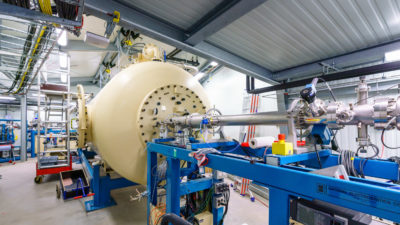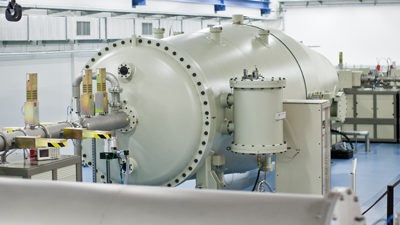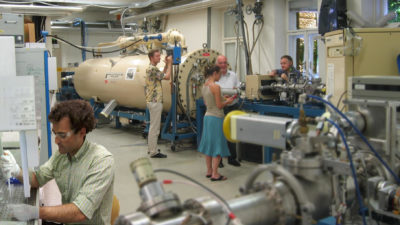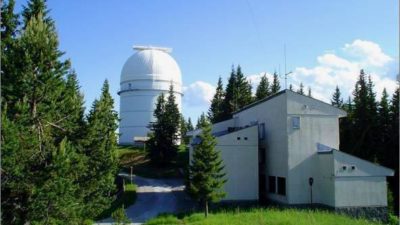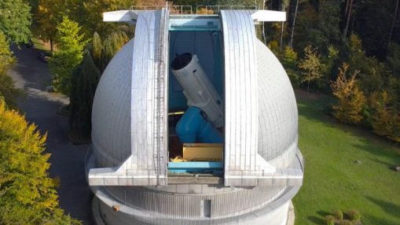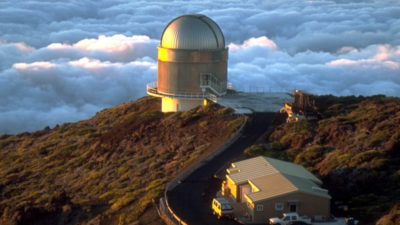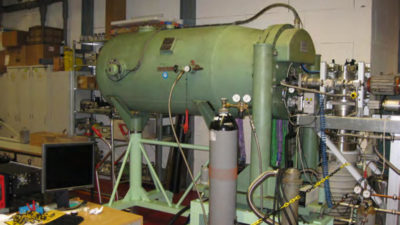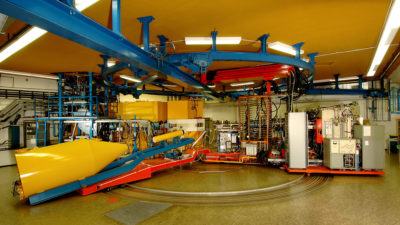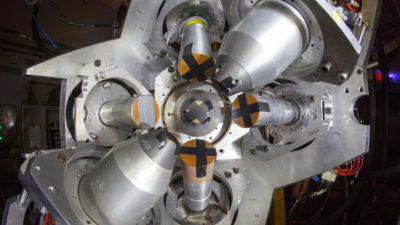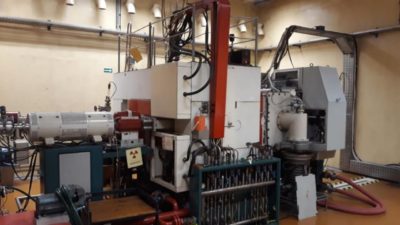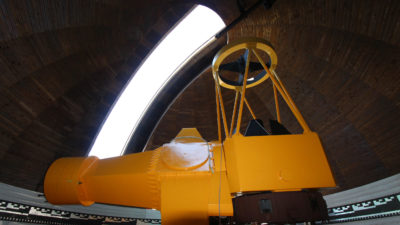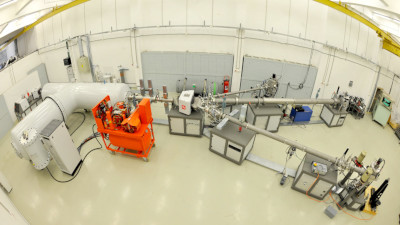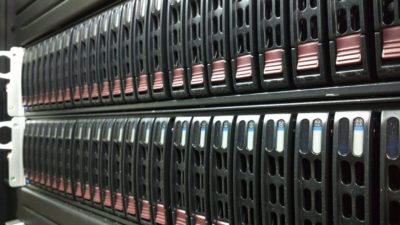5 MV underground ion accelerator, HZDR, Dresden, Germany
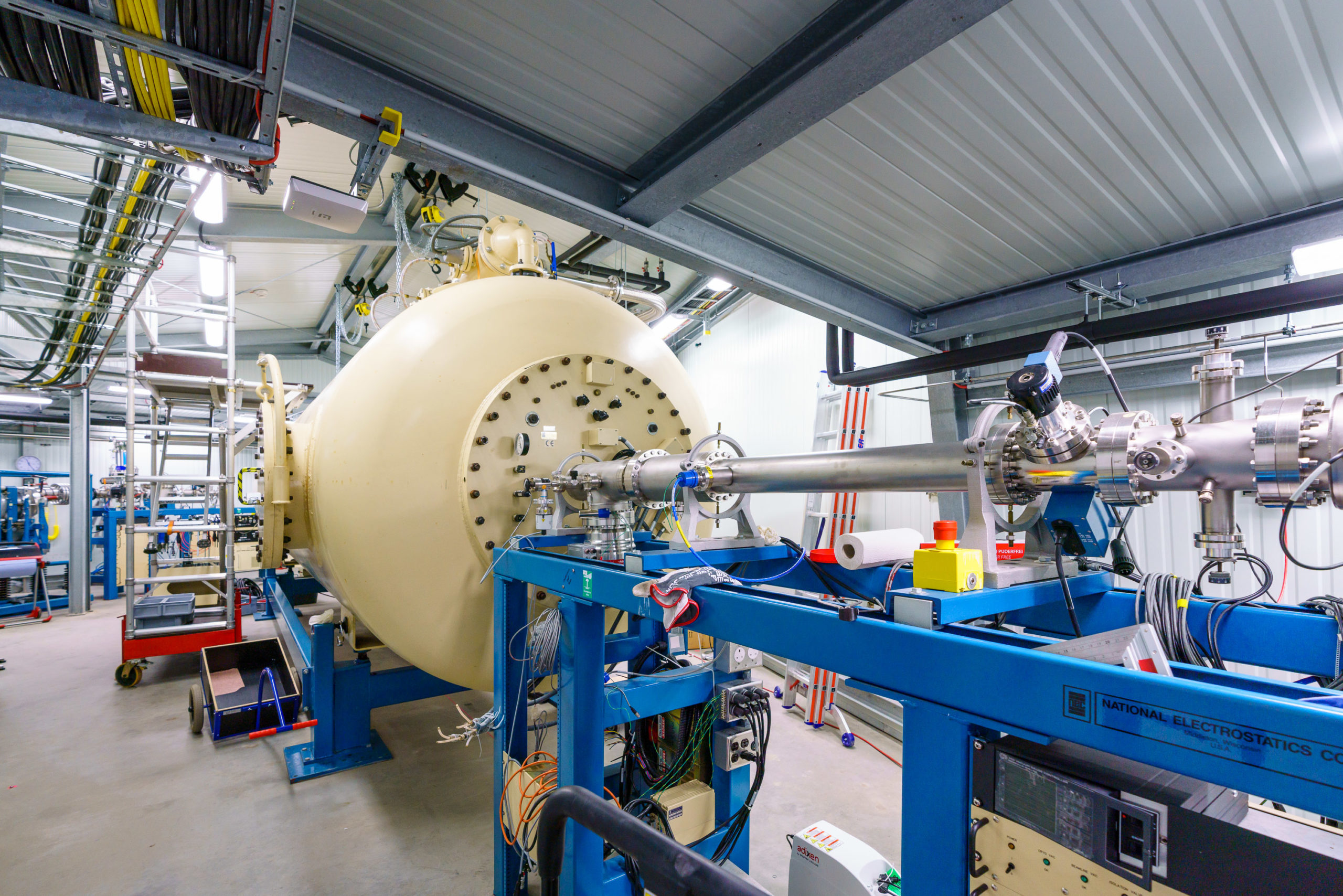
Credit: HZDR, André Wirsig
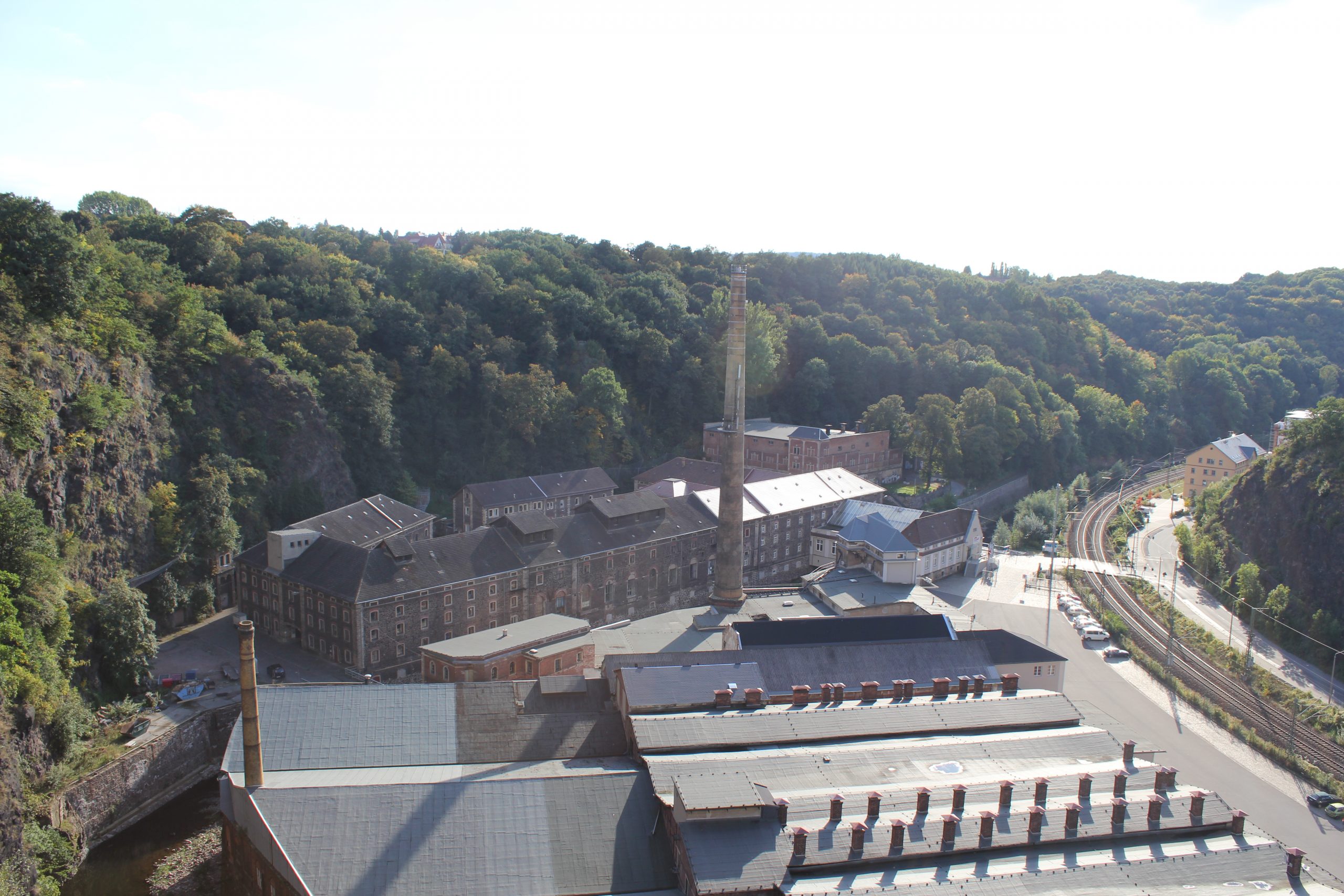
The Felsenkeller underground accelerator laboratory hosts a 5 MV Pelletron accelerator that can be operated either with an external, sputter ion source, or with an internal, radio-frequency ion source. Typical ion beam currents up to 30 µA are reached for helium and carbon ions, and similar performance is expected for proton and other beams.
The laboratory is located in an underground tunnel shielded by 45 m of rock. The muon flux is 40 times lower than at the surface of the earth, the neutron flux is 180 times lower than overground, and a combination of active and passive veto results in an even larger background suppression in gamma-ray detectors. The laboratory is equipped for low-rate cross section measurements by in-beam gamma-ray spectroscopy and by activation. A dedicated activity-measurement bunker includes low-background radioactivity measurement setups ranging from X-rays to gamma rays.
Several solid target setups are available, either cooled by water or by liquid nitrogen. Currently the laboratory hosts 21 in-beam HPGe detectors and three offline HPGe detectors. Within CHETEC-INFRA JRA1 (Astronuclear Lab), a new jet gast target is currently being constructed and will come online in 2022. The ion beam can run around the clock in unattended mode. The irradiation room can be accessed also when the beam is running, under supervision of a trained operator.
The laboratory is sited in the city of Dresden, Germany. Nearest international airports include Dresden (17 km) and Berlin (175 km), both accessible by long-distance train and bus service. There is a range of accommodation options available, and the lab is served by public bus every 15 minutes.
Articles characterizing the Felsenkeller facility:
- Paper describing the remaining muon background (2019).
- Paper describing the remaining neutron background (2020).
- Paper describing the remaining background in gamma-ray detectors and the 12C beam intensity (2019).
Contact information
- Konrad Schmidt (local TNA manager)
- Daniel Bemmerer (Technical Director)
Country of installation
- Germany
- everyone whose affiliation is outside of Germany can apply for TNA
How to apply
- checklist
- collection dates and user times
- criteria for eligibility, selection and scoring
- download (docx) proposal template part 1: science case
- download (docx) proposal template part 2: technical details
- submit both parts to the GATE server
Presentations
TNA to Felsenkeller given at the ChETEC-INFRA kick-off meeting (May 4, 2021)
TNA to Felsenkeller given at special TNA Event (July 26, 2021):
Quantity of access to be provided
- 975 beam time hours
